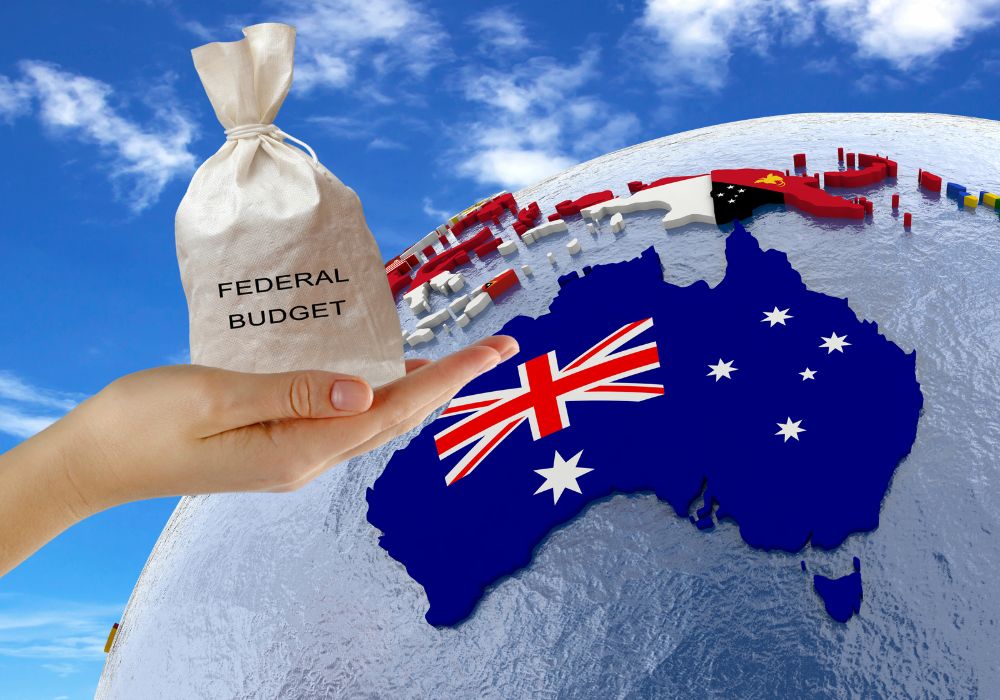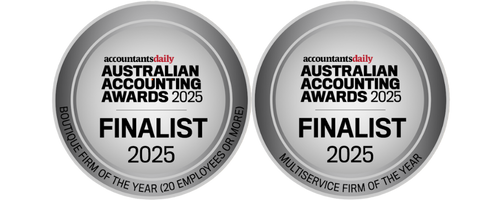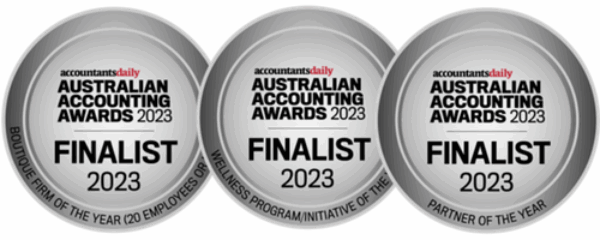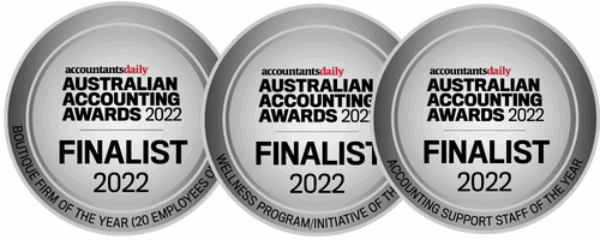| The 2024-25 Federal Budget, unveiled on Tuesday, May 14, 2024, brings notable changes impacting individuals, businesses, and superannuation. Among the highlights are the eagerly anticipated Stage 3 Tax Cuts, reducing tax rates and raising income thresholds for higher tax brackets starting July 1, 2024. For businesses, the Instant Asset Write-Off is extended, providing small businesses with continued opportunities for immediate deductions on eligible assets. Enhancements to the Paid Parental Leave scheme and the introduction of the Energy Bill Relief Fund offer further support to families and small enterprises. Meanwhile, reforms in the superannuation sector, including an increase in the Super Guarantee and the concessional contributions cap, aim to bolster retirement savings. |
This budget reflects the government’s comments around delivering a budget that offers equal parts relief, restraint, and reform, though its true impact will unfold over time and certainly once some of the proposed measures are implemented.
Here are some of the key takeaways for individuals, business and superannuation.
Individuals
- Stage 3 Tax Cuts
From 1 July 2024, every taxpayer will receive a tax cut following changes announced by the federal government earlier this year. This means that workers in every tax bracket will pay less income tax.
The reforms reduce the 19 per cent tax rate to 16 per cent, reduce the 32.5 per cent tax rate to 30 per cent, raise the threshold at which the 37 per cent tax rate applies from $120,000 to $135,000 and raise the threshold at which the highest rate of 45 per cent applies from $180,000 to $190,000.
- Foreign Resident Capital Gains Tax Regime
The Government will strengthen the foreign resident capital gains tax (CGT) regime to ensure foreign residents pay their fair share of tax in Australia and to provide greater certainty about the operation of the rules. The amendments will apply to CGT events commencing on or after 1 July 2025 to:
– Clarify and broaden the types of assets that foreign residents are subject to CGT on.
– Amend the point-in-time principal asset test to a 365-day testing period.
– Require foreign residents disposing of shares and other membership interests exceeding $20 million in value to notify the ATO, prior to the transaction being executed.
- Enhancement To Commonwealth Government-Funded Paid Parental Leave
The Government will provide $1.1 billion over five years from 2023–24 (and $0.6 billion per year ongoing) to strengthen Australia’s government-funded Paid Parental Leave (PPL) scheme and improve women’s retirement outcomes.
Eligible parents will receive an additional payment based on the Superannuation Guarantee (12 per cent of their PPL payments) as a contribution to their superannuation fund for births or adoptions after 1 July 2025. Small business employees will also be provided additional support in administering paid parental leave as part of the measure. This measure aims to help normalise parental leave as a workplace entitlement, like annual and sick leave and reduce the impact of parental leave on retirement incomes.
- Energy Bill Relief Fund
The Energy Bill Relief Fund is set to provide a $300 rebate to households on 2024-24 bills. This measure partly extends the previous Budget’s measure, title Energy Price Relief Plan.
- HECS Debt Changes
Pending a legislative change that must be passed through parliament, student debts will grow each year at the rate of either the consumer price index or the wage price index — whichever is lower. The Government will backdate this relief to all HELP, VET Student Loan, Australian Apprenticeship Support Loan and other student support loan accounts that existed on 1 June 2023. This means that the loans for that year will grow at the lower wage index rate or 3.2%, instead of the 7.1% inflation rate they were measured at.
- Increasing the Medicare levy low-income thresholds
The Government has increased the Medicare levy low-income thresholds for 2023–24, ensuring more than one million low income taxpayers continue to be exempt from the Medicare levy or pay a reduced levy rate.
Business
- The Instant Asset Write-Off extends into another financial year, offering continued benefits for small businesses.
Businesses with an aggregated turnover of less than $10 million can immediately deduct the full cost of eligible assets priced under $20,000. This applies to assets first used or installed ready for use between 1 July 2023 and 30 June 2025. Notably, the $20,000 threshold applies per asset, allowing small businesses to write off multiple assets instantly. Assets valued at $20,000 or more can still be placed into the small business simplified depreciation pool. This enables them to be depreciated at 15% in the first income year and 30% in subsequent years.
As for eligibility, businesses can claim an immediate deduction for the business portion of the asset’s cost in the year it is first used or installed ready for use. This applies to both new and second-hand assets.
However, eligibility depends on factors such as aggregated turnover, purchase date of the asset, its first use, and its cost being below the threshold. Notably, businesses with an aggregated turnover of $500 million or more are not eligible for the instant asset write-off. It’s important to note that if temporary full expensing applies to the asset, the instant asset write-off does not.
The measure, as it had been outlined in the 2023-24 Budget previously, has still not passed (with only seven weeks of the current financial year remaining). However, the Senate has amended the limit from $20,000 to $30,000, though a response from the lower house is still being awaited.
If you’re uncertain about your eligibility for the instant asset write-off, it’s wise to consult with our trusted team before making significant investment decisions. We can help determine if this strategy aligns with your business goals and circumstances.
- Energy Bill Relief Fund
The Energy Bill Relief Fund is set to provide a $325 rebate to eligible small business on 2024-24 bills. This measure partly extends the previous Budget’s measure, title Energy Price Relief Plan.
Superannuation
- From 1 July 2024, the Super Guarantee will increase to 11.5 per cent. It will continue to increase by 0.5 per cent on 1 July each year until it reaches 12 per cent in 2025.
- From 1 July 2024, the concessional contributions cap will increase from $27,500 to $30,000.
Contact Walshs to further discuss your individual circumstances on 07 3221 5677 or if you are a current client book a meeting here.
By: Michael Walsh
Walshs | CEO











